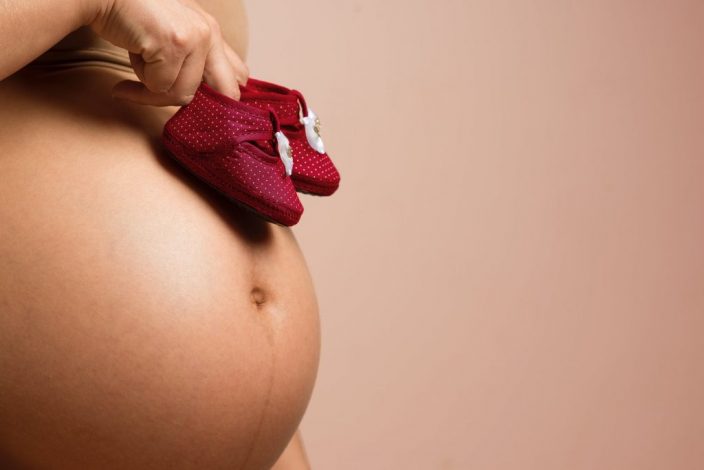A study conducted by the African Population and Health Research Center (APHRC), Miss Koch Kenya, and the Directorate of Children’s Services, Nairobi County, has revealed alarming statistics about adolescent pregnancies in Korogocho.
A significant 77% of these pregnancies were unplanned, highlighting the urgent need for comprehensive programs and policies to address the various factors contributing to early pregnancy.
“The study illustrates the socioecological factors that predisposed girls to early and unintended pregnancy. Lack of correct contraceptive knowledge and access, poverty, peer pressure, family conflict and breakdown, and lack of family support and supervision were the main factors associated with early and unintended pregnancy among adolescent girls in the study setting,” reads part of the study.
“While free maternal health care was available, many missed out on antenatal care, especially early in their pregnancy, due to fear and shame.”
The study, which involved 594 girls selected through a two-stage stratified sampling method, aimed to understand the experiences of pregnant and parenting adolescents in Korogocho.
It shed light on their experiences in healthcare facilities, the impact of adolescent childbearing on health and socioeconomic well-being, and their journey through parenthood.
Key findings from the study
- Healthcare Access: While 92% of girls accessed antenatal care services, most initiated care late. Only 34.6% completed four antenatal care visits due to factors such as lack of support, low knowledge of antenatal care, social stigma, poverty, and fear of healthcare providers.
- Mistreatment and Abuse: About one in three girls reported mistreatment and abuse during delivery, including verbal abuse (23.9%), physical abuse (6.2%), and discrimination (14.3%).
- Livelihood Challenges: Post-delivery, adolescent mothers faced economic hardships. Most took up menial jobs or sex work to sustain themselves and their babies.
- Mental Health and Violence: The study found that 40% of girls reported mild depression symptoms, 35% minimal symptoms, and 25.3% moderate or severe symptoms. Nearly half (48.8%) had experienced violence—physical, emotional, and sexual—from intimate and non-intimate partners.
- Childcare Concerns: About 74% of girls were worried about their ability to take care of their child, and 46% reported that they had no one to rely on for help.
- Unintended Pregnancies: The majority of the pregnant and parenting adolescent girls (76.7%) reported having unintended pregnancies.
- School Re-entry Barriers: About half of the girls dropped out of school due to unintended pregnancy.
The study underscores the immediate need for action to support pregnant and parenting adolescents in Korogocho and similar communities.
The recommendations serve as a roadmap for national and county governments, community-based organizations, and other stakeholders to enhance the lives of these vulnerable young girls and their children.




